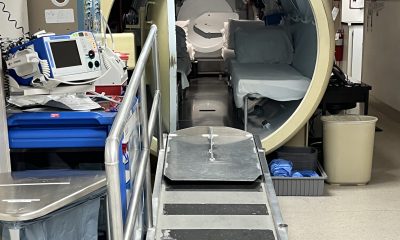

Unfortunately, it’s hard to make a business case for treating divers versus wound and burn care victims. As a result, many hyperbaric chambers in the US...
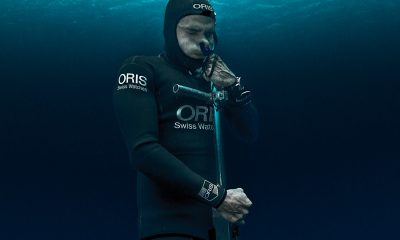

Decompression sickness (DCS) is a known risk for compressed gas divers, but until recently it wasn’t on the radar for their breath-hold counterparts. However, as a...
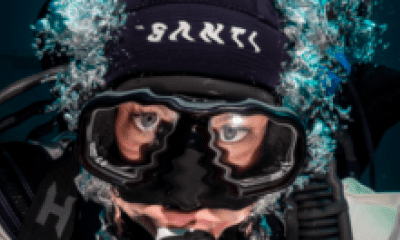

If you’re diving beyond 150 m/490 ft you’re likely to experience the effects of High Pressure Nervous Syndrome (HPNS). Here InDepth’s science geek Reilly Fogarty discusses...
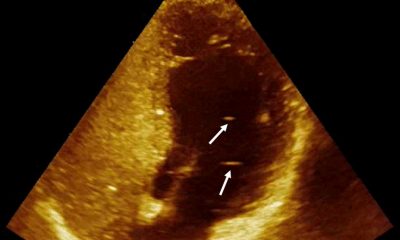

Though your chances of getting bent are relatively low, your risk increases five to 13-fold in the presence of a patent foramen ovale (PFO), which may...
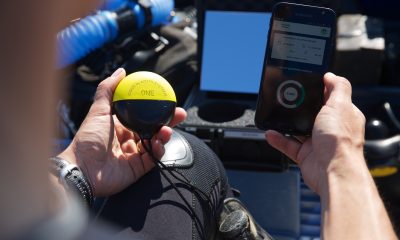

Retired French Naval officer Axel Barbaud estimates that his company’s new product dubbed “O’Dive”—an innovative personalized safety tool—has the potential to reduce the diving community’s risk...
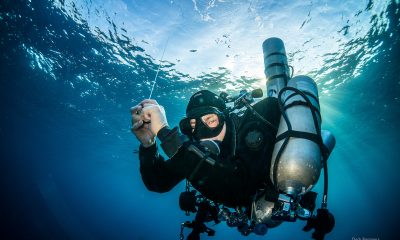

Isobaric counterdiffusion is one of those geeky, esoteric subjects that some tech programs deem of minor relevance, while others regard it as a distinct operational concern....
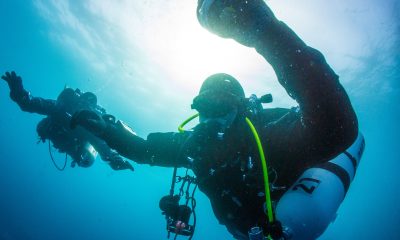

NAUI is one of the few training agencies that offers specific protocols to address Isobaric Counterdiffusion (ICD). Here NAUITEC Instructor Trainer and Examiner Daniel Millikovsky explains...
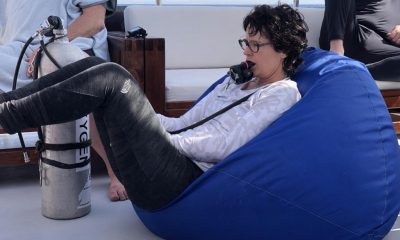

What does it mean if you keep getting bent, even when you follow all the rules? Avid tech instructor James Fraser recounts his wife’s (Deana) and...
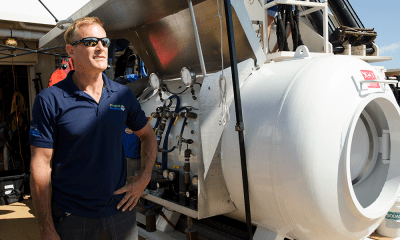

In this first of a four-part series, Global Underwater Explorers’ (GUE) founder and president Jarrod Jablonski explores the historical development of GUE decompression protocols, with a...
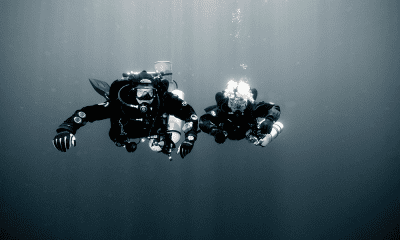

As counter-errorism expert Gareth Lock, principal of Human in The System, explains: the river of denial runs deep through the diving community as demonstrated by this...